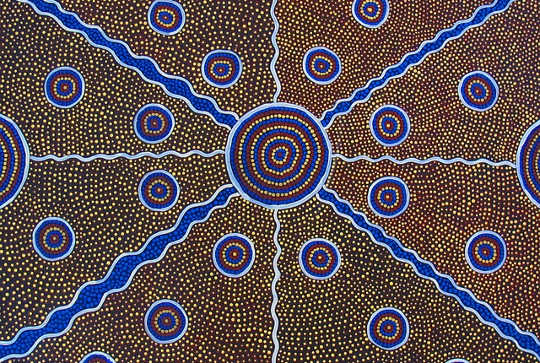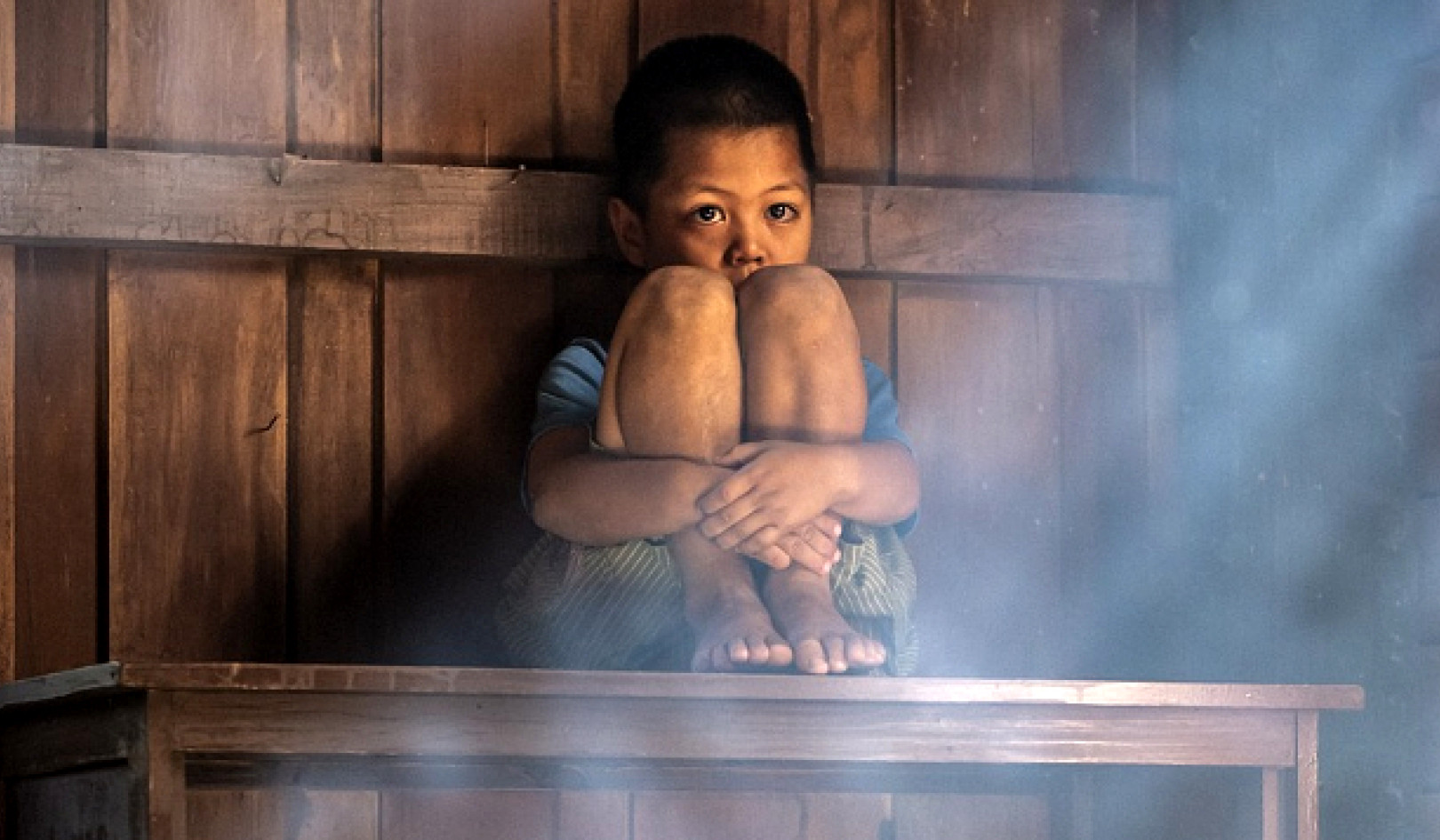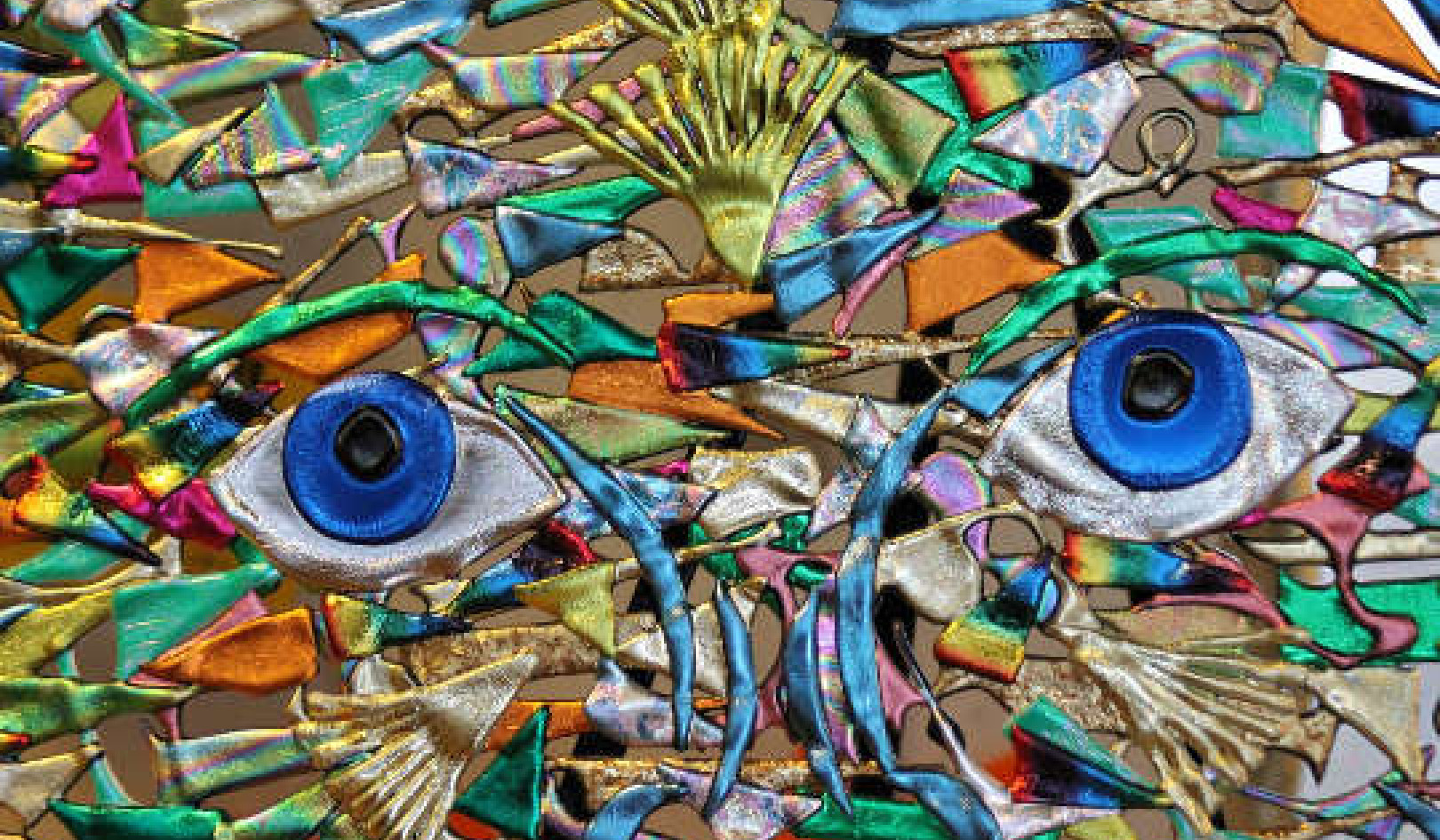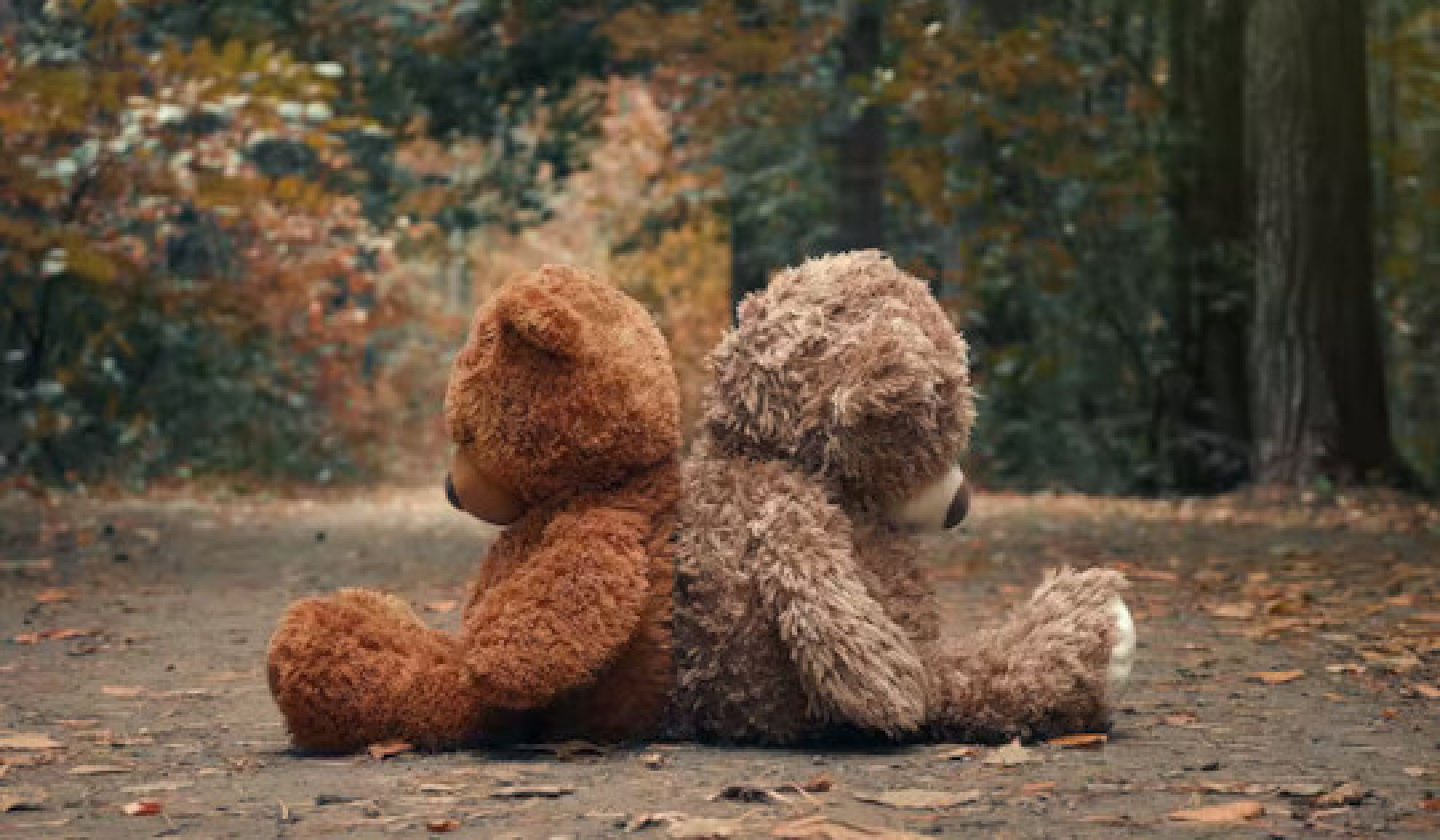
How does the mainstream Western research approach, characterized by the laboratory experiment, compare with an Indigenous approach? Danny Musqua, the Anishnabeq elder who is my spiritual father, tells a story about his Indigenous research effort.
As a member of the Bear Clan, Danny is a guardian of traditional Anishnabeq ceremonies, caring for the knowledge that underlies the life and nature of the ceremonies, offering support in their actual performance. He is also a traditional storyteller, entrusted with the stories of his people that contain their journeys and spiritual teachings and educated in the ways of remembering these stories and communicating them in the proper manner.
Memory and remembering are part of his being, inculcated in him from early childhood.
As just a little toddler his grandmother would send him outside after he wakes up to listen to the birds . . . and the wind . . . and the grass. “These things can talk to you and tell you important things,” she instructs him, “Listen . . . listen carefully.”
Part of Danny’s responsibilities is to learn and know the many songs that activate and accompany the ceremonies. The songs are calls and pleas to the spirits, asking for the blessing and protection of the spirit world. They sing a sacred language. There is a song that Danny realizes he needs to learn in order to more completely fulfill his responsibilities, and he knows the Anishnabeq elder who knows that song.
Thus Begins His Research Effort
He approaches the elder with respect, because the elder is a man of knowledge. The elder also has sacred responsibilities, one of which is to protect and nurture his songs, and offer them to others when appropriate. Danny will be requesting an opportunity to learn a song that the elder is holding dear to his heart.
Danny knows he must approach the elder in a spiritually based ceremonial manner, offering a sacred exchange in order to learn the song. He presents the elder with a tobacco offering, which among First Nations people carries a spiritual message of respect and humility, demonstrating how deeply the offeror values what is being requested. The tobacco offering humbly requests the presence of the spirits directly into the exchange, giving life to and sanctifying the process.
The elder is grateful Danny has come, because it’s the elder’s responsibility to pass on his knowledge to deserving others; his knowledge lives only as it is shared with others. The elder sings his song, and Danny listens. He draws upon his lifetime of training, to listen with care, being open to all realms of sound and meaning, so he can hear--and remember. This ability to hear is sharpened as it becomes infused with spiritual energy.
The elder sings the song several times more, and Danny listens and believes he hears. But he has a moment of doubt. He’s not totally sure he got it! “Would it be all right if I tape-record this song,” he asks, almost immediately embarrassed by his question. The elder looks at Danny with a surprised, quizzical expression. “You say you want to learn this song,” he almost repeats Danny’s words, “but if you really do, you will hear it and learn it. You don’t need that tape recorder. If you don’t really work to learn the song, it will just go in one of your ears and out the other.”
Danny smiles, and then he and the elder enjoy a good laugh. “Of course,” Danny realizes to himself, “of course.” Danny now prepares at another level to listen, so he can hear, really hear and thereby learn. Being more relaxed through the laughter, his ears open to his mind and heart, and listening a few more times he connects to the spiritual sources of the song.
Seeking Understanding, Not Control
As Danny embarks on this piece of Indigenous research he is seeking understanding not the prediction or control that earmarks the mainstream research approach. He knows that he must approach the goal of learning this new song by engaging his ways of knowing, and in the end bringing those ways to a deeper, more spiritually charged level. The entire process of working with the elder is a sacred journey, rather than the more technical, even mechanical character of the mainstream laboratory approach.
Danny and the elder are co-creating the setting in which the learning and spiritual transmission will occur. This is not the unilateral possession of power and control in the hands of the laboratory researcher, but a co-created process of research and learning which either party can change.
The elder is not a “subject,” but a person of respect, and even if Danny wanted to, he cannot become a mainstream researcher because he cannot subject the elder to anything. There are two experts involved, and involved with each other. As the research unfolds, it becomes effective because both become expert in both learning and teaching.
Being A Caretaker, Not An Owner
Though Danny now knows the song, and has been given traditional permission to sing it during ceremonies, he does not own the song--it remains a gift, a treasured part of Anishnabeq spiritual teachings. He is the caretaker of that song, and must nourish it with honest singing and a clean heart. But it is not his property; he cannot sell it.
He can now pass that song on to others, to ones who have earned the right to that song. And pass it on he must, as it through sharing that knowledge remains alive and enlivening. As Metis elder Rose Fleury put it, “Our knowledge is useless unless we pass it on.”
Reprinted with permission of the publisher,
Healing Arts Press, a division of Inner Traditions Inc.
©2017 by Richard Katz, Ph.D. www.InnerTraditions.com
Article Source
Indigenous Healing Psychology: Honoring the Wisdom of the First Peoples
by Richard Katz, Ph.D.
 Exploring the vital role of spirituality in the practice of psychology, Katz explains how the Indigenous approach offers a way to understand challenges and opportunities, from inside lived truths, and treat mental illness at its source. Acknowledging the diversity of Indigenous approaches, he shows how Indigenous perspectives can help create a more effective model of best practices in psychology as well as guide us to a more holistic existence where we can once again assume full responsibility in the creation of our lives.
Exploring the vital role of spirituality in the practice of psychology, Katz explains how the Indigenous approach offers a way to understand challenges and opportunities, from inside lived truths, and treat mental illness at its source. Acknowledging the diversity of Indigenous approaches, he shows how Indigenous perspectives can help create a more effective model of best practices in psychology as well as guide us to a more holistic existence where we can once again assume full responsibility in the creation of our lives.
Click here for more info and/or to order this book.
About the Author
 Richard Katz received his Ph.D. from Harvard University and taught there for twenty years. He is the author of Boiling Energy: Community Healing among the Kalahari Kung and The Straight Path: A Story of Healing and Transformation in Fiji. He is now a professor at the Saskatchewan Indian Federated College in Saskatoon.
Richard Katz received his Ph.D. from Harvard University and taught there for twenty years. He is the author of Boiling Energy: Community Healing among the Kalahari Kung and The Straight Path: A Story of Healing and Transformation in Fiji. He is now a professor at the Saskatchewan Indian Federated College in Saskatoon.

























